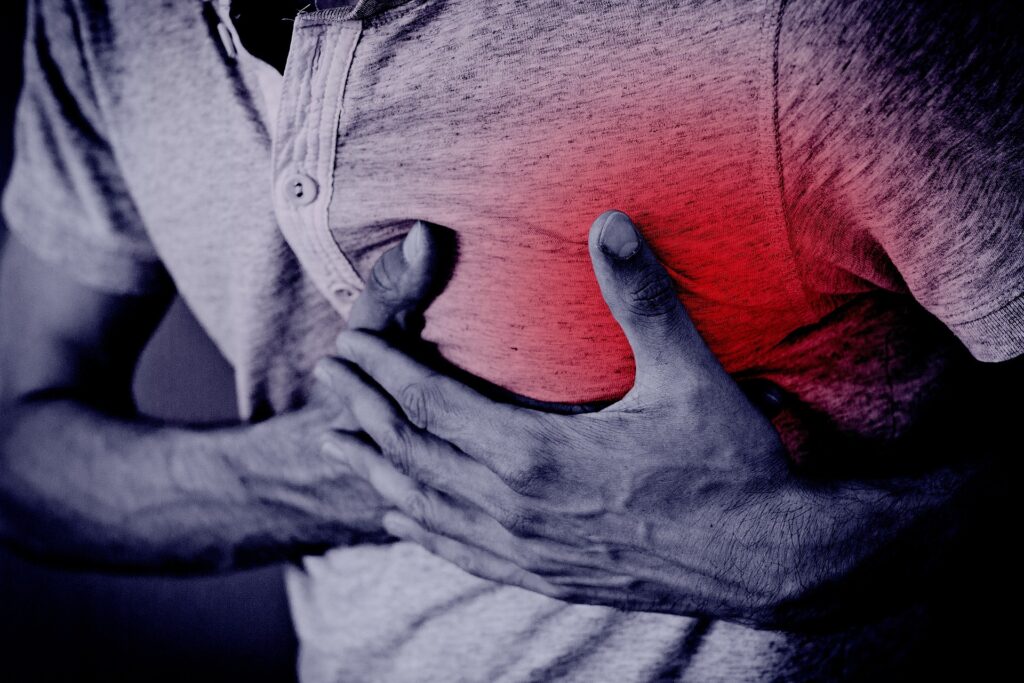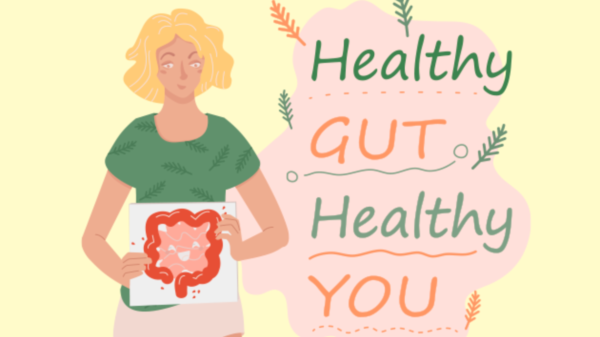Heart disease is the number one killer among women and men in the U.S., so it’s no surprise that many people are looking for ways to prevent heart attacks and strokes. One of the most important things you can do is make sure your diet is healthy and that you’re getting enough exercise, both of which will help keep your blood vessels open and reduce strain on your heart.

1. Eat a heart-healthy diet
The most important thing you can do is to eat a low-fat, high-fiber diet that’s rich in whole grains, vegetables, and fruits. You should also limit red meat and processed meats, sugary drinks, and high-fat dairy products like ice cream or cheese.
2. Get active
The best way to prevent heart attacks is by being physically active every day. This does not have to imply running marathons or taking long walks every day, but rather getting up and doing something that makes you sweat!
For example:
- Badminton (tennis)
- Swimming laps in the pool
- Walking around your neighborhood
3. Lose weight
Losing weight can reduce your risk of heart disease, but it’s not a quick fix. The best way to lose weight is through a healthy diet and exercise program that includes both aerobic activity (walking, running) and strength training. If you want to do more than just walk around the block with your dog or play with your grandchildren on weekends, check out our tips for how to get started exercising more!
4. Quit smoking
If you smoke, stop. It is the most common cause of heart disease and stroke. It also increases your risk for lung cancer and chronic obstructive pulmonary disease (COPD).
Quitting smoking can improve your health in many ways:
- Quitting reduces the risk of developing heart attacks or strokes by up to 40%.
- Quitting lowers cholesterol levels, which helps prevent blood clots from forming in your arteries and causing a heart attack or stroke.
- Quitting can help lower your blood pressure—the force that pushes through arteries as they supply oxygen-rich blood throughout the body—to reduce the strain on your heart muscle when it pumps harder during exercise or stress situations like running a marathon!
5. Manage your blood pressure and cholesterol levels
This is important to prevent heart disease. High blood pressure and high cholesterol can be caused by several factors, including genetics, obesity and lack of physical activity. If you have these conditions it’s important to take steps to manage them so that your risk of developing heart disease decreases over time.
If you have high blood pressure: You should get regular checkups with your doctor or healthcare provider so that they can monitor how well you’re managing this condition (and if there are any changes). Your doctor may recommend an antihypertensive medication if the recommended dose isn’t working well enough for you; however, this treatment has side effects such as dizziness or nausea that may make daily life difficult depending on what drug(s) are used for controlling these symptoms. There are also non-drug options available such as diet changes — eating less salt foods will help reduce sodium intake which could potentially reduce elevated blood pressure levels without having adverse effects like those mentioned above either way.”
6. Limit alcohol consumption
Alcohol is a major source of heart disease and stroke.
The American Heart Association (AHA) recommends that adults do not drink more than one drink per day for women and two drinks per day for men.
There are no clear guidelines to determine exactly how much alcohol is too much, but some experts have suggested that a woman should not exceed one drink per day and a man should not exceed two per day:
1 alcoholic beverage = 12 ounces of beer or 5 ounces of wine; 1 ounce = 1 tablespoonful;
For example, if you have 4 beers on your night out at the bar then this would count as 4 alcoholic beverages (12 ounces x 2 = 24 ounces). If you had 2 glasses each containing 12 oz then this would also be counted as 2 drinks (24oz /2 = 12oz).
7. Know your risk factors for a heart attack and heart disease
Ask yourself the following questions:
Do you smoke? If so, how many cigarettes do you smoke per day?
How much cholesterol and triglycerides are in your blood? If high, how is it controlled by medication or dieting? What foods trigger these levels to rise (fast food/chips/salty snacks)?
What are your blood pressure levels like when standing up after sitting down for an hour without moving around much at all (i.e., not exercising)? How has this changed over time as a result of aging and obesity (increase in waist circumference)
8. Control your diabetes if you have it
Diabetes is a risk factor for heart disease. Diabetes affects the heart by making it harder for blood to flow through your arteries and veins, which can lead to atherosclerosis (hardening of the arteries).
If you have diabetes, control it as much as possible. A healthy diet and exercise are essential to controlling blood sugar levels, but there are other things you can do too:
- Eat regular meals at regular times; don’t skip meals or eat only when hungry
- Avoid sugary foods and drinks that increase blood sugar levels
- Changing to a healthier way of living can stave off heart attack, stroke, and other complications of heart disease.




































